Written by Branislav Stanicek,
How can enlargement of the European Union remain a realistic, merit-based and politically credible exercise, when some Member States are unwilling to move forward with concrete steps, such as opening negotiation talks? This was the key question at the heart of the European Parliamentary Research Service policy roundtable held on Tuesday, 28 January 2020, which gathered over 120 participants, including Members of the European Parliament, experts and think-tankers.

Organised on the same day as the European Parliament’s Western Balkans Summit (convened by President David Sassoli and attended by the speakers of the Western Balkan parliaments), the timely roundtable provided a moment for reflection one week ahead of the European Commission’s presentation of a new methodology of enlargement. Eduard Kukan, former Slovak Minister of Foreign Affairs, and former Member, opened the discussion with a keynote speech. Previously appointed United Nations (UN) Special Envoy on Kosovo by UN Secretary General Kofi Annan, a role he held alongside Carl Bildt, Kukan warned against the deepening frustration of regional leaders, pointing out that ‘with new and new additional requests, the whole process will lose credibility’. Taking the positive experience and transformational power of past enlargements for central and eastern European countries into account, he remarked that it is in the interest of the both the EU and the Balkan countries to propose tangible benefits for the people when acceding countries are closing negotiation chapters. With regard to the speed of and calendar for EU enlargement, Kukan said that ‘not acting quickly enough would worsen the situation’.
Tanja Fajon (S&D, Slovenia) also warned against possible enlargement fatigue and strongly supported the accession process. As Chair of the European Parliament Delegation for Serbia, Fajon will visit Belgrade, together with the EP Rapporteur for the country, Vladimir Bilčik (EPP, Slovakia) and the new Commissioner for Neighbourhood and Enlargement, Olivér Várhelyi, on 6 and 7 February 2020. It is expected that the Serbian electoral crisis and the implementation of the obligations to improve electoral conditions will be the focus of the visit. Fajon and Bilčik were involved in mediating inter-party dialogue on this issue in November and December 2019, while this will be Várhelyi’s first visit to Serbia since his appointment as Commissioner.
The economic aspects of enlargement, as well as the changes proposed in the French ‘non-paper’, were presented by Milica Delevic, Director for Governance and Political Affairs at the European Bank for Reconstruction and Development and Member of the European Council on Foreign Relations. Delevic warned against the risk of slipping into ‘theology on enlargement’, with promises of a ‘future life’, and underlined the importance of the pace of enlargement and opening of accession negotiations with Albania and North Macedonia for the credibility and success of the process. The alternatives could be increased third power influence and a slower pace of reforms.
Tim Judah, Balkans Correspondent for The Economist, then presented the demographic challenges facing the whole region. All Balkan countries are in strong demographic decline, facing ‘brain drain’, as well as undocumented migratory flows. There is a lack of serious analysis of the region’s demographic decline, depopulation and the hollowing-out of the labour force. In 2050, Serbia’s population will fall by 23.8 %, Croatia by 22.4 % and Kosovo by 11 %, compared to 1990. Bosnia and Herzegovina has a fertility rate of 1.26, one of the lowest in the world. With a median age of 29, Kosovo is the youngest country in the region, but does not escape demographic decline: as almost a fifth of its population lives abroad. Branislav Stanicek, Policy Analyst with EPRS noted that such declining demographics will have a direct impact, slowing GDP growth, the main component of which is household consumption. In addition to slower growth, declining demography will also accentuate deflationary pressures, as an ageing population tends to decrease spending, and deflation is much harder for monetary institutions to tackle than inflation. To provide tangible benefits to Balkan citizens, Stanicek supported the proposal of a gradual integration of European policies by the countries of the region. European broadband networks, digital, transport and energy infrastructures as well as investment within the Horizon Europe programme all provide the possibility of excellent initiatives for the region. As an example, in addition to the 2019 inter-regional agreement to curb roaming fees (the six Western Balkan countries agreed to cut roaming fees by 27 % in July 2019, and to abolish all roaming fees from July 2021), roaming fees could be cut for Western Balkans citizens travelling within the EU as well.
Concluding the roundtable, Lívia Járóka (EPP, Hungary), Vice-President of the European Parliament replacing the EP President for the Western Balkans, thanked the participants for their engagement and shared her personal experience as the first female Roma MEP, as well as her activities in favour of social inclusion, education and Roma communities. Járóka noted the excellent opportunity available to the EU to be the driver of positive change and reforms throughout the region, as has already been observed in central Europe. She also underlined the importance of keeping all communities engaged, and doing more for the social inclusion of minorities in the Western Balkans. It is important that EU and Croatian Presidency work together to prepare a pan-European Roma strategy and that Western Balkan countries play an integral part. Finally, Járóka noted the European Parliament’s support for the opening of accession negotiations with Albania and North Macedonia ‘as soon as possible’ and that the Parliament will work together with other EU institutions and Member States to accompany future enlargement policy. She also thanked the Croatian Presidency for their strong support and the emphasis they have placed on Western Balkan European integration.

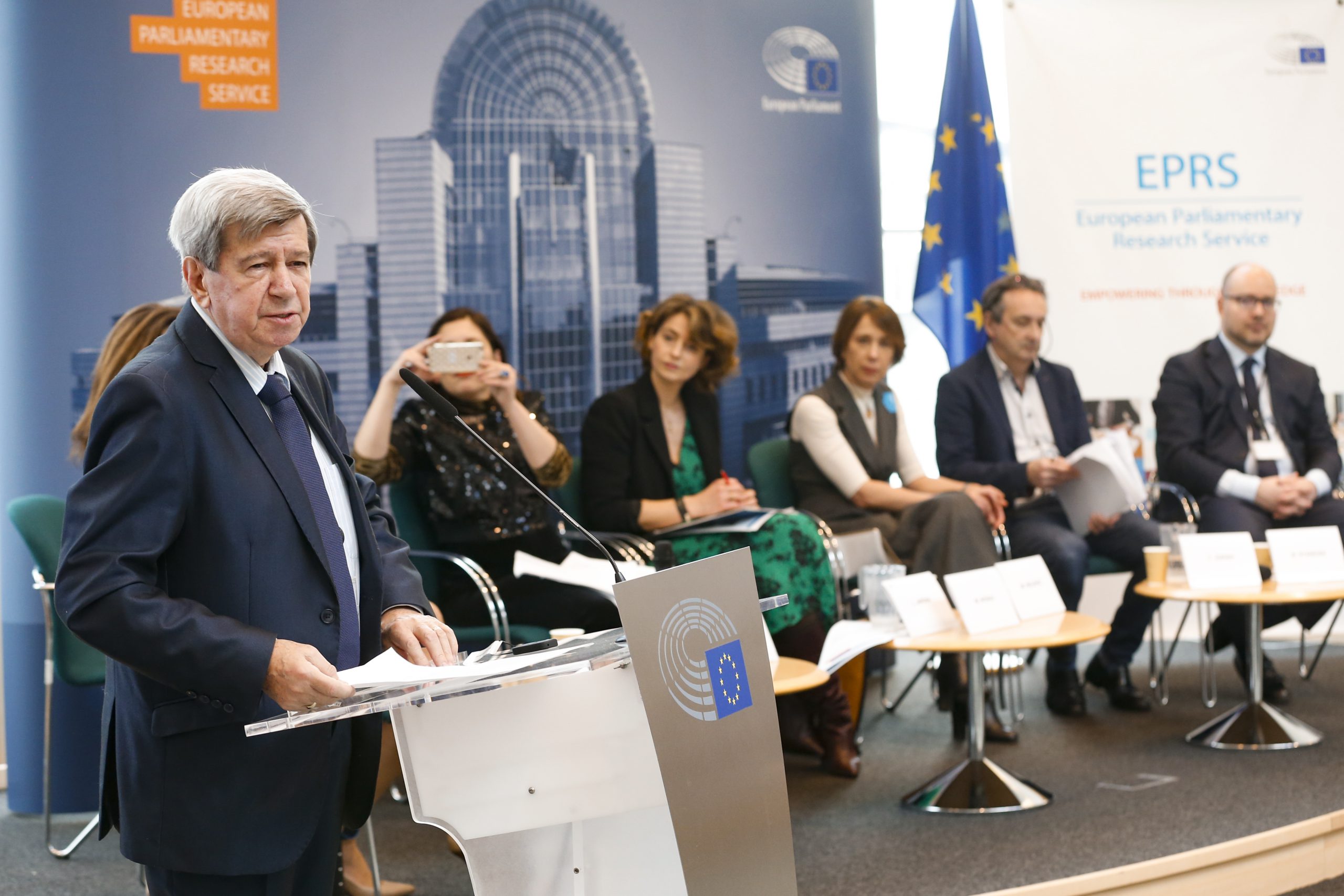
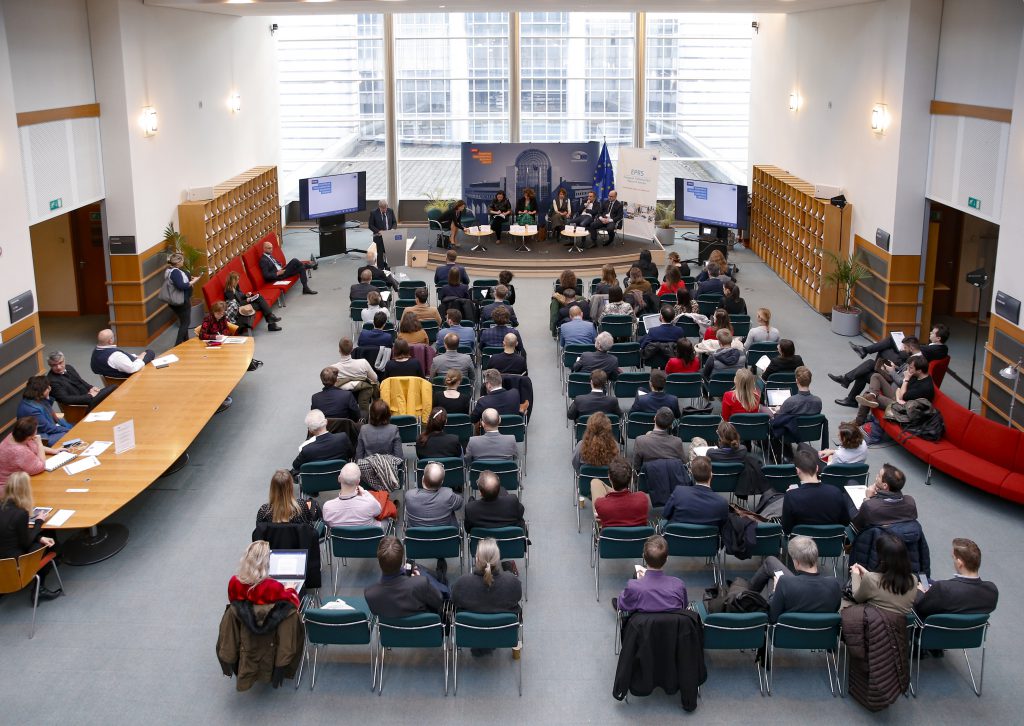
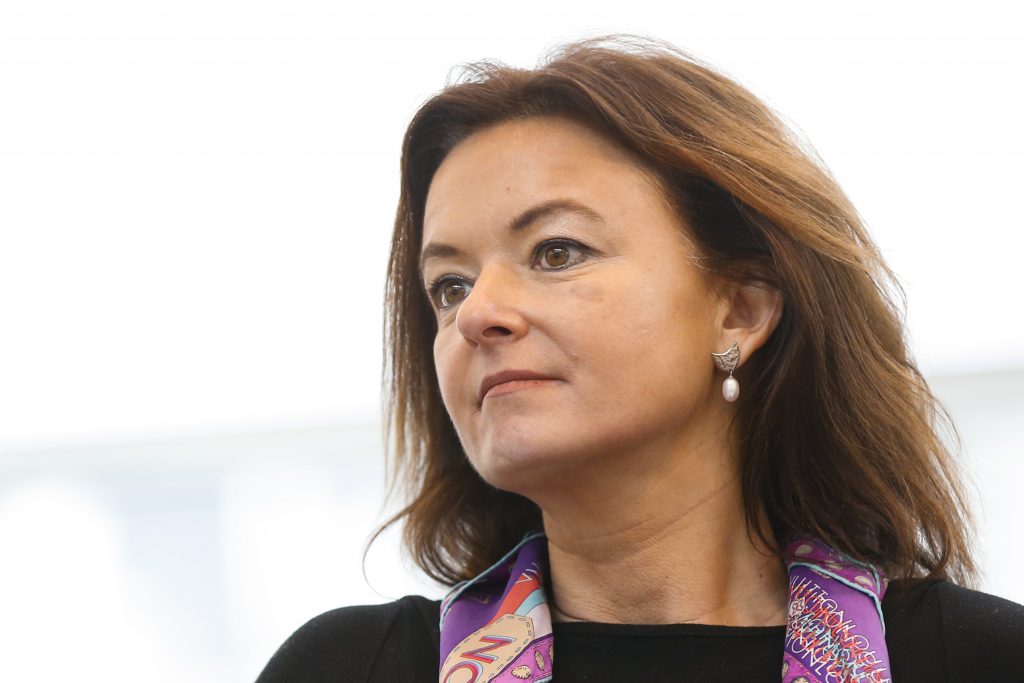
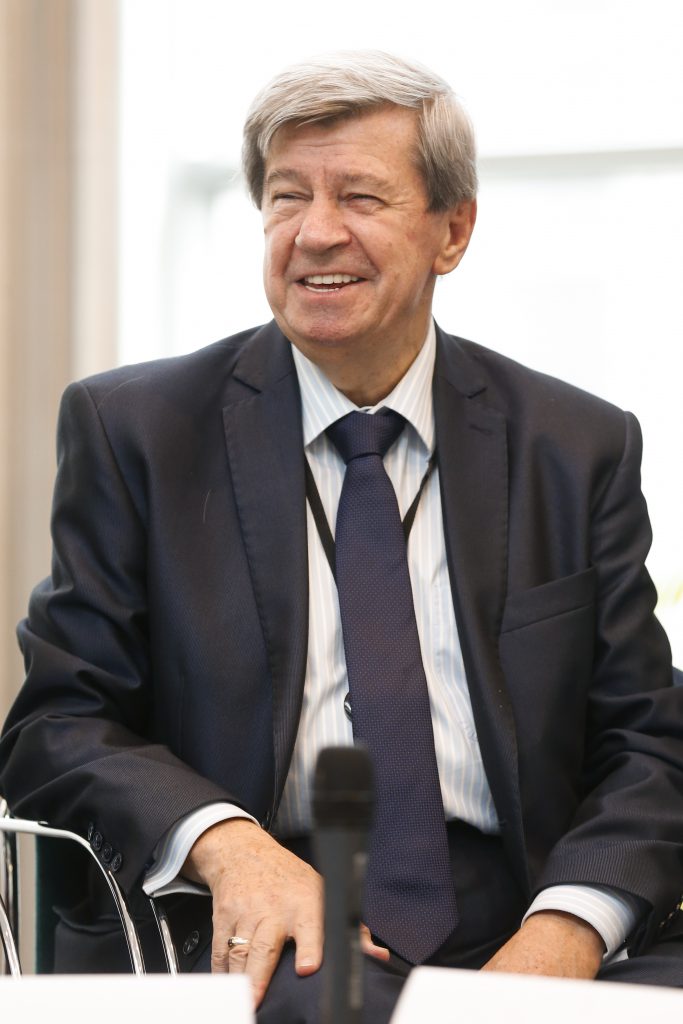

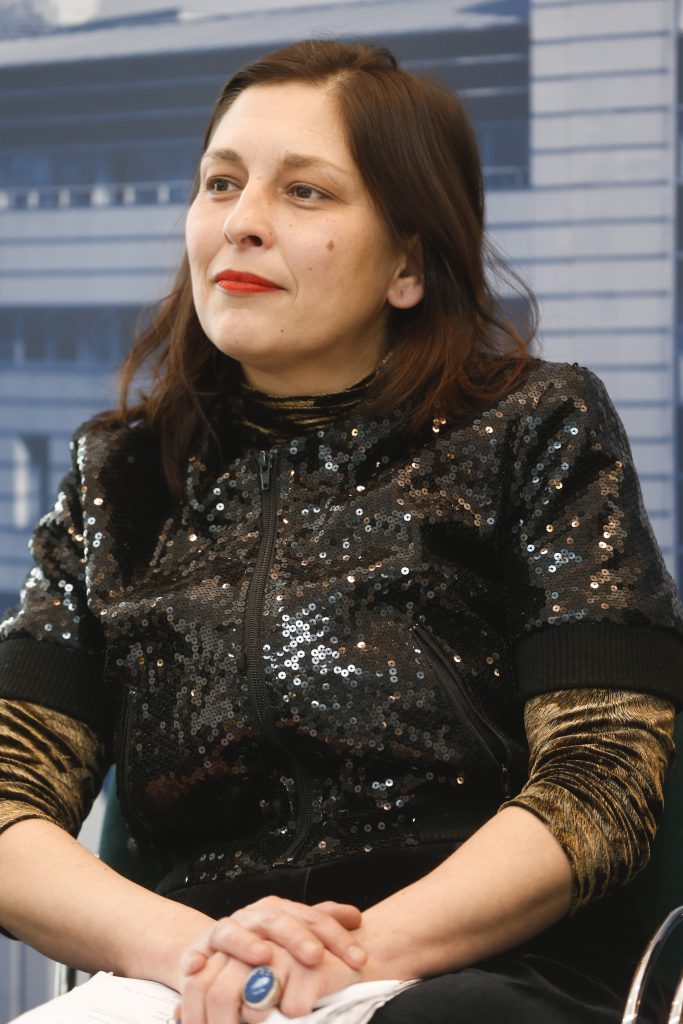
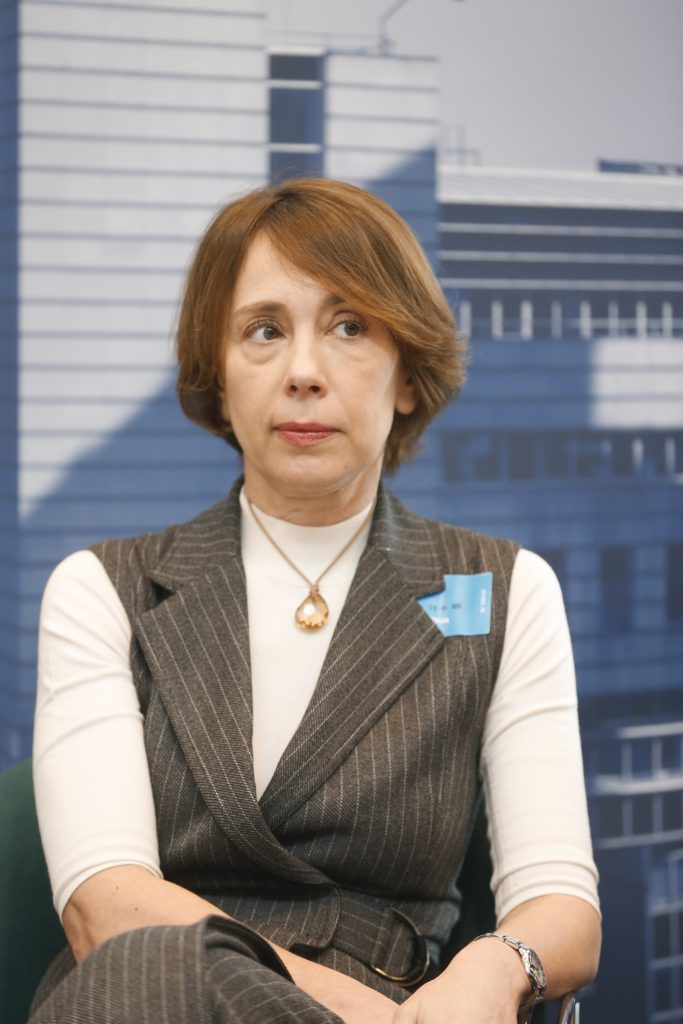
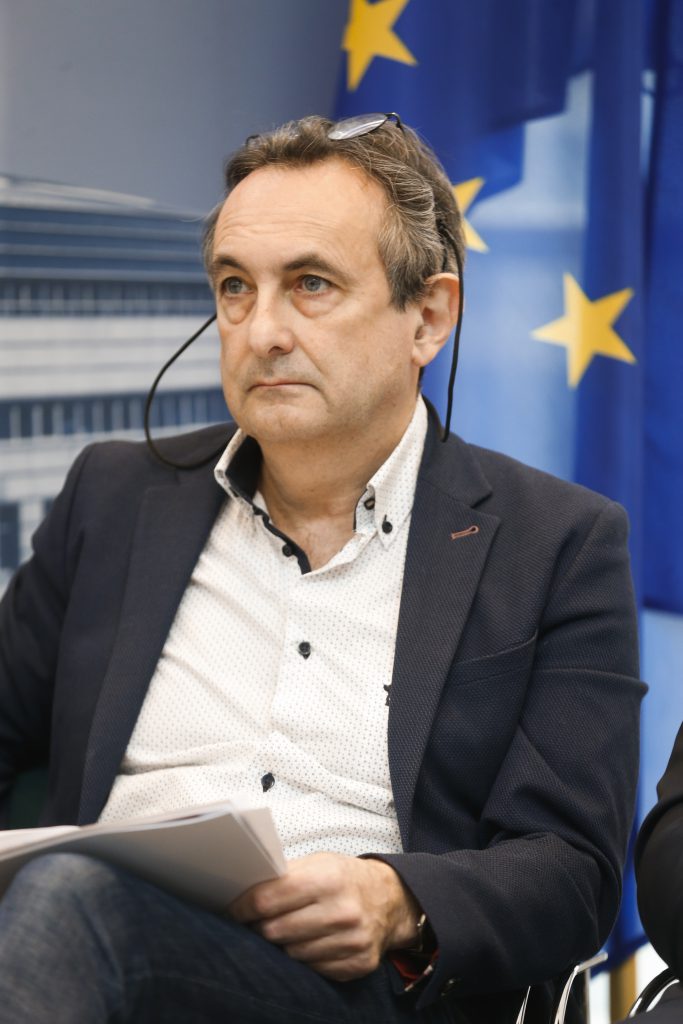






[…] Source Article from https://epthinktank.eu/2020/02/06/western-balkans-the-rocky-road-to-enlargement/ […]